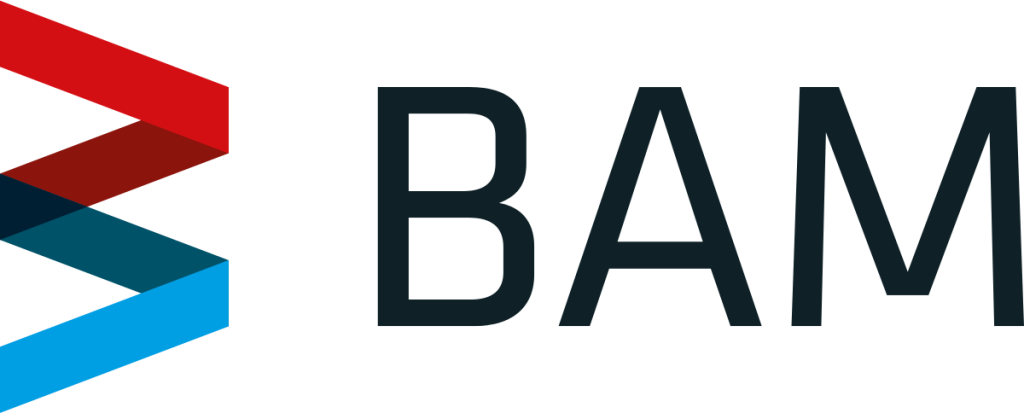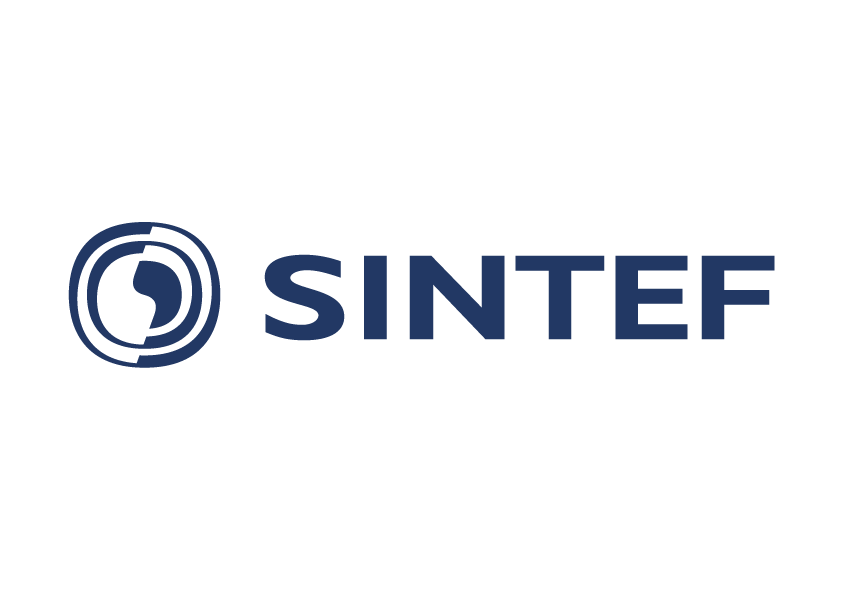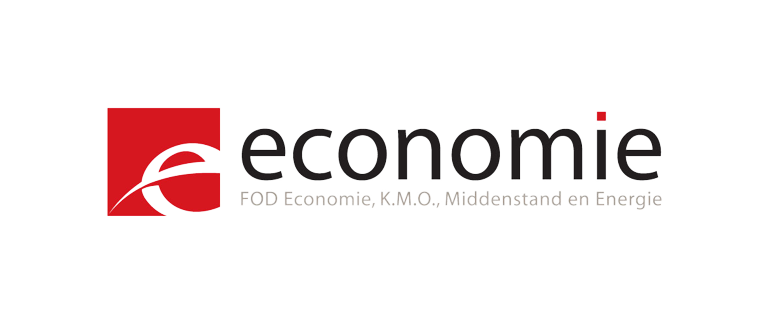
Welcome to the first Newsletter of the PlasticTrace project. My name is Andrea Mario Giovannozzi and together with my colleagues at “Physical chemistry and Nanotechnology” group at the National Metrology Institute of Italy we are coordinating PlasticTrace. Already we are well on the way and together with our 23 partners and numerous stakeholders several activities have already started these first six months. The purpose of PlasticTrace is to develop international metrological capacity that enables the traceable measurement and characterization of small microplastics (SMP) and nanoplastics (NP) in environmental and food samples and the production of suitable reference materials, according to the metrological requirements. In the first phase of the project the focus has been on stakeholder interaction and getting information out on Plastic Trace. Here we are proud to say that together with the partners we were able to present Plastic Trace on more than 30 occasions including combined workshops with the COST action PRIORITY, and interacted with regulatory bodies such as CEN, ISO or BIPM at more than 10 meetings. We furthermore established a key stakeholder board out of our pool of stakeholders with which we will closely interact during the project. You might already have checked out our website (www.plastictrace.eu) or seen our first posts on social media (www.linkedin.com/company/plastictrace/). As shown in the highlights of this first newsletter the first work package on the development of micro- and nanoplastics reference materials under metrological criteria, led by the Bundesanstalt für Materialforschung und -prüfung (BAM) has already started preparing and distributing the first reference materials for internal testing. Also, the development of the routine and characterization methods has started together with the planning of an interlaboratory comparison study.
We are excited to get started and with this newsletter we will try to keep you informed on our activities and progress in the following years.
Best wishes,
Andrea Mario Giovannozzi
Project Coordinator

At the Federal Institute for Materials Research and Testing (BAM) in Berlin, Germany Korinna Altmann and Yosri Wiesner are leading the development and production of small microplastics (SMP, 10-100 µm and < 10 µm) and nanoplastics (NP, < 1 µm) and initial characterization. This includes the conceptual design of reproducible production steps and reasonably defined concentrations (mass/number of particles) in the products such as microplastic particles encapsulated with water-soluble matrix in tablets or suspensions for reference material candidates. BAM has been involved in national and international projects with a focus on larger microplastic identification and quantification in different environmental matrices. For PlasticTrace however, we have gone one step further to produce even smaller particle size reference materials. A first batch of these materials has now been shipped to the different partners for the initial testing of the materials both as raw material and added to tablets. After thorough characterization these particles will be used in the interlaboratory study Plastic Trace will organize later in the project.
The development of reference materials under metrological criteria for microplastic method validation will be a breakthrough in terms of QA/QC. This ambitious goal will contribute to standardization and harmonize microplastics analysis within Europe and the rest of the world. The next step within PlasticTrace will be to include different particle sizes, different polymers, and different aging states.

PARTNERS of WP1
The following Partners will contribute to WP 1 and the development og the reference material










I’m Yosri, a German scientist, at the Federal Institute for Materials Research and Testing (BAM) in Berlin. In the PlasticTrace project, I am working as postdoc mainly responsible in WP1 on the conceptual design and production of suitable SMP/NP reference materials. Additionally, I’m also involved in WP2, which focuses on the development of protocols for the quantification of SMP/NP in drinking water, food and environmental matrices making mass-based analysis with the TED-GC/MS.
Previously, I’ve worked on many research projects on microplastic quantification and optimization of detection methods in different matrices such as air, water, sediment, and compost samples. Another focus and interest of mine has been physicochemical degradation of polymers and associated diverse measurement methods to characterize the degradation and its evaluation. Some of my earlier work is published at https://doi.org/10.1002/appl.202200125. This interest I was able to further investigate in my thesis, where I actively aged plastic beverages.
“I joined this project because, although much research has been conducted in the field of microplastics in recent years, the issue of comparability among international studies is still an open topic. I am happy to be part of this project and to be able to close this gap further, because for research and industry the project represents a central building block.”

On the 22nd and 23rd of May, the PlasticTrace project met for the second consortium meeting at BAM in Berlin. Many interesting and important discussions of the first results with our partners. The meeting was concluded with a meeting with our Stakeholder Advisory Board, where on-going micro- and nanoplastic research projects and technologies were presented. In addition, the COST Action PRIORITY arranged a round table on Microplastics Standardization together with PlasticTrace.
The first batches of reference materials has been sent out to our partners, and is currently being characterized for further developments.


PlasticTrace particidpated in the ’Hybrid training course on ‘metrological determination of micro and nano contaminants in food’ 5-6/9 hosted by European Metrology Network for Safe and Sustainable Food in collaboration with the Federal Institute of Metrology, EURAMET and PlasticTrace.

PlasticTrace was represented by WP1 lead Dr. Korinna Altmann at the International Conference on the Impact of MNPs on Human Health held at the Jaarbeurs Centre in Utrecht the Netherlands where the latest results from the CUSP projects, the COST Action PRIORITY, the BRIGID project (Plastics Europe), MINAGRIS and the MOMENTUM network were presented.

The project coordinator Dr. Andrea Giovannozzi and several partners will attend the final conference of the project EUROqCHARM at the Norwegian House in Brussel. The meeting will be an excellent possibility to highlight Plastic Trace in presentations and panel discussions. The meeting includes both technical sessions and underlines the focus on science to policy and important subjects also for PlasticTrace. More information here.

No less than five partners of PlasticTrace will give presentations at the Workshop on Micro- and Nanoplastics: EU Guidelines to be held at the Fraunhofer Center CSP in Halle, Germany the 1st of November. More information here.
Share This Post
M18 Meeting 21GRD07 PlasticTrace05 – 06 FEBRUARY, Turin (IT) Hosted by the Italian National Institute of Metrology Research (INRiM)Strada delle Cacce, 91 -10135 Torino, ITALY
The European Metrology Network for Safe and Sustainable Food hosted a hybrid training event on micro and nano contaminants in food on 5-6 September 2023, in METAS (Bern-Wabern, Switzerland) and Online.
Round Table on Microplastics StandardizationCo-organized by CA PRIORITY and 21GRD07 PlasticTraceMay 23, 2023, Berlin (DE). Hosted by Bundesanstalt fur Materialforschung und -prufung (BAM) Unter den Eichen 87, 12205 Berlin, Germany
May 23, 2023, Berlin (DE). Hosted by Bundesanstalt fur Materialforschung und -prufung (BAM)Unter den Eichen 87, 12205 Berlin, Germany